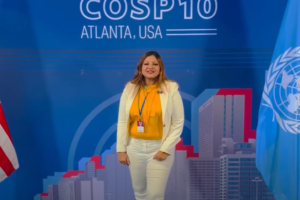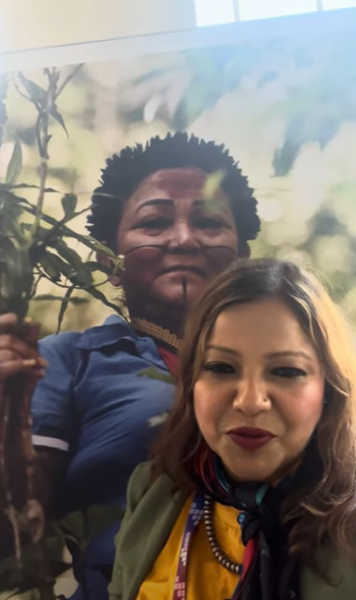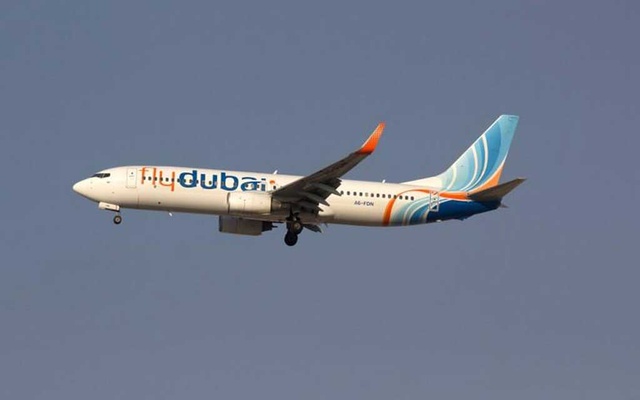Taiwan scrambled fighter jets on Friday as 18 Chinese aircraft buzzed the island, crossing the sensitive mid-line of the Taiwan Strait, in response to a senior US official holding talks in Taipei.
China had earlier announced combat drills and denounced what it called collusion between the island, which it claims as part of its territory, and the United States.
US Undersecretary for Economic Affairs Keith Krach arrived in Taipei on Thursday for a three-day visit, the most senior State Department official to come to Taiwan in four decades – to which China had promised a “necessary response”.
Beijing has watched with growing alarm the ever-closer relationship between Taipei and Washington, and has stepped up military exercises near the island, including two days of large-scale air and sea drills last week.
With a US presidential election looming in November, Sino-US relations are already under huge strain from a trade war, US digital security concerns and the coronavirus pandemic.
Taiwan said 18 Chinese aircraft were involved on Friday, far more than in previous such encounters.
“Sep. 18, two H-6 bombers, eight J-16 fighters, four J-10 fighters and four J-11 fighters crossed the midline of the TaiwanStrait and entered Taiwan’s southwest ADIZ,” the defense ministry said in an English-language tweet.
“ROCAF scrambled fighters, and deployed air defense missile system to monitor the activities.” The ROCAF, Taiwan’s air force, has scrambled frequently in recent months in response to Chinese intrusions.
The ministry showed a map of the flight paths of Chinese jets crossing the Taiwan Strait mid-line, which combat aircraft from both sides normally avoid passing through.
Taiwan’s Liberty Times newspaper said Taiwanese jets had scrambled 17 times over four hours, warning China’s air force to stay away.
It also showed a picture of missiles being loaded onto an F-16 fighter at the Hualien air base on Taiwan’s east coast.
“REASONABLE, NECESSARY ACTION”
In Beijing, Chinese Defence Ministry spokesman Ren Guoqiang said Friday’s maneuvers, about which he gave no details, involved the People’s Liberation Army’s eastern theater command.
“They are a reasonable, necessary action aimed at the current situation in the Taiwan Strait and protecting national sovereignty and territorial integrity,” Ren said.
He said Taiwan was a purely internal Chinese affair and accused its ruling Democratic Progressive Party (DPP) of stepping up “collusion” with the United States.
Trying to “use Taiwan to control China” or “rely on foreigners to build oneself up” was wishful thinking and futile. “Those who play with fire will get burnt,” Ren said.
Taiwan’s presidential office urged China to exercise restraint, and urged the Taiwanese not to be alarmed, saying the military had a grasp on the situation.
Government officials in Taiwan, including President Tsai Ing-wen, have expressed concern in recent weeks that an accidental military encounter could spark a wider conflict.
Hu Xijin, editor of China’s widely read state-backed Global Times tabloid, wrote on his Weibo microblog that the drills were preparation for an attack on Taiwan should the need arise, and that they enabled intelligence-gathering about Taiwan’s defense systems.
“If the US secretary of state or defense secretary visits Taiwan, People’s Liberation Army fighters should fly over Taiwan island, and directly exercise in the skies above it,” he added.
Chinese fighter jets briefly crossed the mid-line of the Taiwan Strait last month while US Health Secretary Alex Azar was in Taipei, and last week China carried out two days of large-scale drills off Taiwan’s southwestern coast.
The United States, like most countries, has official ties only with China, not Taiwan, though Washington is the island’s main arms supplier and most important international backer.
This week, the US ambassador to the United Nations had lunch with Taiwan’s top envoy in New York. China’s UN mission said it had lodged “stern representations” over the meeting.






















